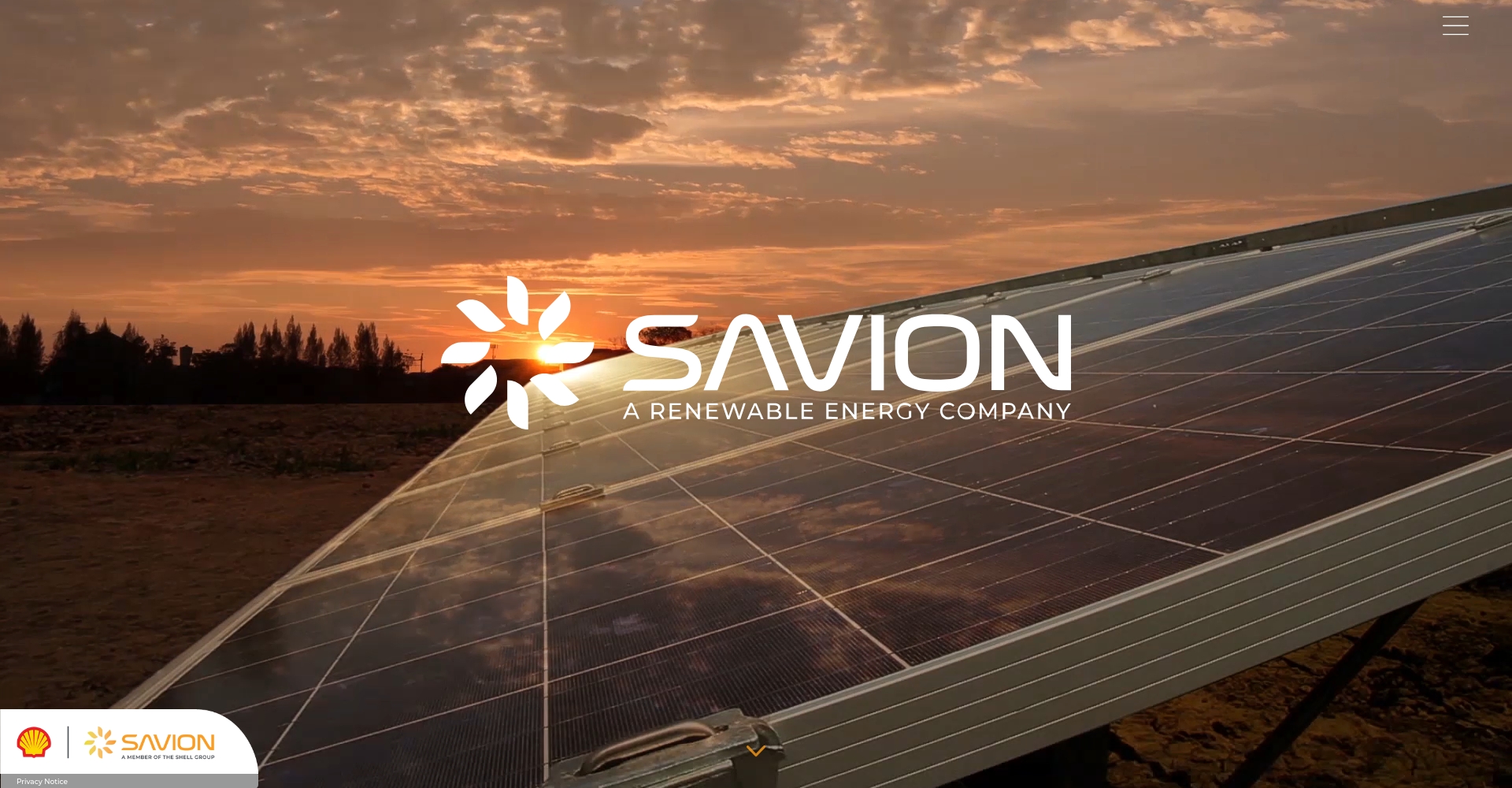Shell's acquisition of Savion marks a significant step in the energy sector, underscoring Shell's commitment to expanding its renewable power business. By integrating Savion's extensive solar and energy storage capabilities, Shell aims to bolster its position in the global renewable energy market and advance its goal of becoming a net-zero emissions energy business by 2050.

Founded in 2019, Savion specializes in the development of utility-scale photovoltaic (PV) solar and energy storage projects. The company is distinguished by its commitment to decarbonizing the U.S. electricity grid and providing modern power solutions at lower costs. With a significant presence in 31 states and a portfolio of 43.3 gigawatts of projects, Savion emphasizes genuine care for partner communities and boasts a dedicated team of over 200 employees.
Shell is a major player in the global energy and petrochemical industry. The company is involved in oil and gas exploration, production, refining, distribution, and marketing. Additionally, Shell produces petrochemicals and has growing interests in renewable energy sources. Known for its extensive operations worldwide, Shell holds a significant influence in the energy market, positioning itself as one of the largest and most impactful companies in the sector.
Shell acquired Savion in December 2021. This acquisition aligns with Shell's strategic shift towards renewable energy, reflecting broader industry trends. At the time, the energy sector was increasingly focusing on sustainability and low-carbon solutions. Shell's move to integrate Savion's solar and energy storage capabilities underscores its commitment to achieving net-zero emissions by 2050, a goal that resonates with the global push for cleaner energy sources.
The acquisition of Savion by Shell has led to notable changes in operations and management. Savion now operates as a wholly-owned subsidiary under Shell's Renewables & Energy Solutions business, maintaining its brand identity. This integration aims to leverage Savion's expertise in solar and energy storage to enhance Shell's renewable energy capabilities. Additionally, Shell's strategic shift under CEO Wael Sawan has resulted in the sale of a significant portion of Savion's assets, reflecting a broader focus on higher-margin projects and cost-saving measures, including staff reductions.
In terms of product offerings and services, the acquisition has expanded Shell's global solar portfolio, bolstering its integrated power business. Savion's extensive project portfolio, comprising over 130 solar and energy storage projects, aligns with Shell's goal to sell more than 560 terawatt hours of power globally per year by 2030. Employee reactions have been mixed, with some expressing excitement about new opportunities, while others are concerned about job security due to the company's strategic shifts. Customer reactions have generally been positive, appreciating Shell's commitment to renewable energy, though some have voiced concerns about potential changes in service quality.
For founders considering business transitions, tools like Sunset can assist in managing such processes compliantly, ensuring a smooth and efficient transition.